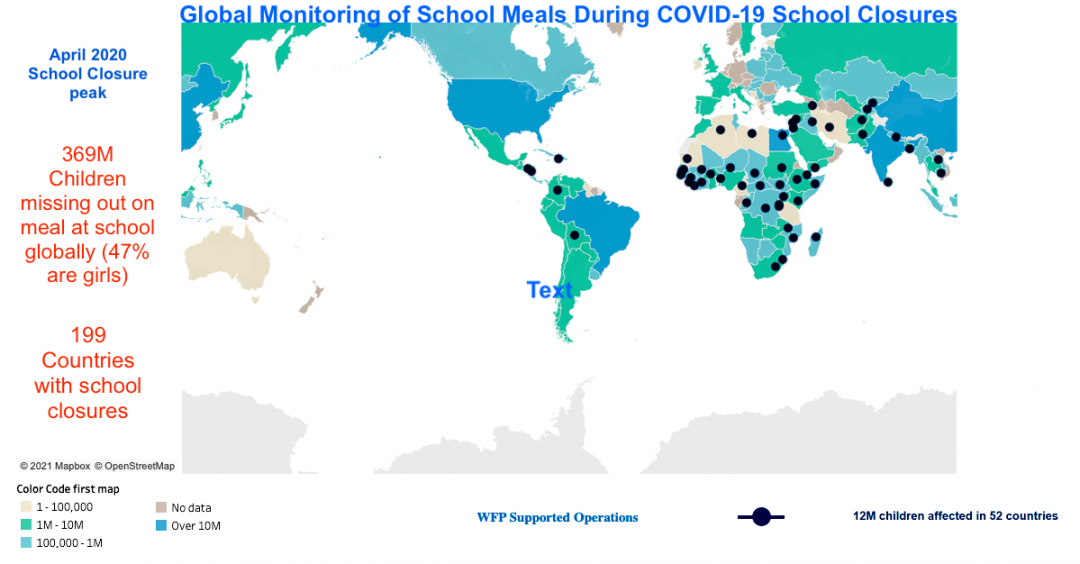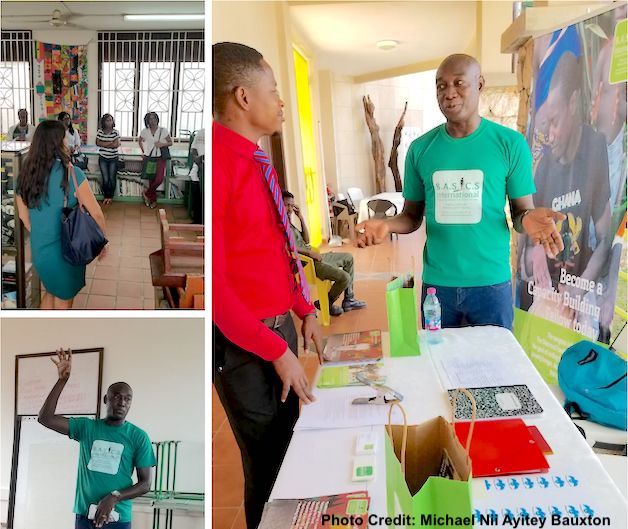In early 2020, countries worldwide began to take serious steps to tackle a pandemic that threatened humanity's existence. The pandemic is described by the World Health Organization as an infectious disease caused by the SARS-CoV-2 virus called Coronavirus disease or simply COVID-19. The magnitude of the disease plunged the world into one of the most significant health Disasters of the century, and it continues to cause problems even to this day. COVID-19 has created all sorts of crises, including the risk to livelihoods, in addition to existing socio-economic and other humanitarian challenges. For instance, the Food and Agriculture Organization of the United Nations (FAO) expressed concerns about the potential impacts of the virus and its related containment efforts on food security and livelihoods in the context of high vulnerability and where populations are already experiencing food crises. The FAO indicated that at the end of May 2020, 369 million schoolchildren were missing out on school meals for the major share of their daily nutritional needs.

The negative effects of Covid-19 have resulted in somewhat similar but also differing experiences (social, economic, health, and even political) on people. For some countries, the limited or unavailability of resources, the lack of comprehensive policies on disasters, and bad leadership are factors that differentiate the experiences among countries. In West Africa, a region that has experienced other pandemics makes it one of the reasons for its success in handling the health impacts of covid-19. However, many of the countries in the region have not escaped the socio-economic consequences of Covid-19. Governments within these countries were forced by the huge number of infections, death, and the overwhelming pressure on healthcare facilities to close economic activities and impose lockdowns on their citizens to curb the pandemic. Like any other country in the world, Ghana was affected by the increase of covid infections. The government and private sectors and non-governmental organizations (NGOs) were heavily hit as productivity fell to its lowest. Some organizations, if not most, had to downsize, while others had no choice but to shut down operations.
BASICS International – an American faith-based, not-for-profit organization working in Ghana, West Africa, was one such NGO that had to let go of staff due to lack of funds. BASICS believes in using education to empower communities to rise out of poverty and achieve social equality. The NGO operates its activities from Chorkor, an economically deprived fishing community. Chorkor was one of the communities in Accra identified as a "Red Zone" during the first stage of COVID-19, and this was because the community had its battle with sanitation. During the first lockdown imposed by the government, a significant concern of the organization was the aged and children in the community. This prompted the organization to adjust its activities to the services of the community by providing food items, sanitizers, and mask. Other initiatives taken include weekly delivery of water, considering the communities' lack of flowing water.
Additionally, during the government ban on social gatherings, institutions such as schools were affected. One of the major concerns for the NGO was its core program mandate of educating through formal schooling and how the ban on social gatherings will affect the children. However, the organization ensured that kids were up to date with their studies by first purchasing tablets and creating an email address for every child (about 200 students) in the Basics program. Then children were placed in groups adhering to Covid protocols. Each day, the children met at the center in groups for an hour to receive and work on assignments on their individual tablets. This lasted for a while until the organization could no longer afford to maintain its staff members due to its donors and sponsors being badly hit by the pandemic, forcing the organization to let go of its staff.
Like many organizations worldwide, NGOs are still finding it challenging to get back on their feet. The COVID-19 virus has been a blessing and, at the same time, a curse to many countries. While some new businesses have sprung up due to the pandemic, some find it very hard to stay afloat. As the virus continues to transform into more stringent variants, transmission is likely to spread easily in a high-density population, such as communities where most NGOs do their work. COVID-19 is continuing to impact the work of many NGOs across the globe negatively. While some are making changes and directing resources to help address the challenges of the pandemic, this move has impacted the resources needed to continue to maintain their activities. It is, therefore, essential to address the impact of COVID-19 in a holistic way. Doing so means that the impact of COVID-19 on NGOs' activities needs to be of critical concern and resource allocation targeted to support their activities.


